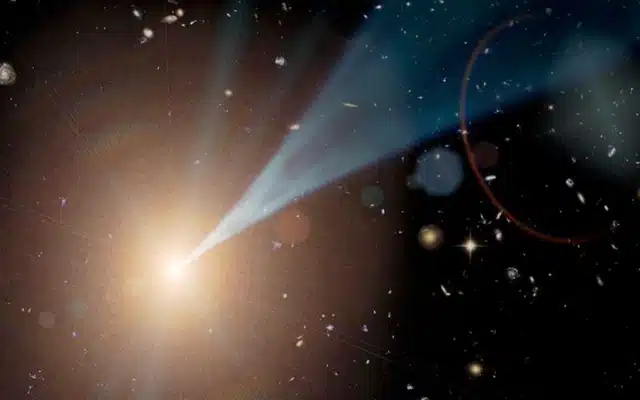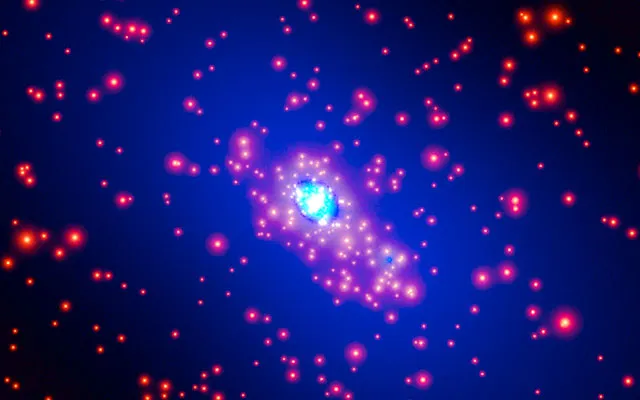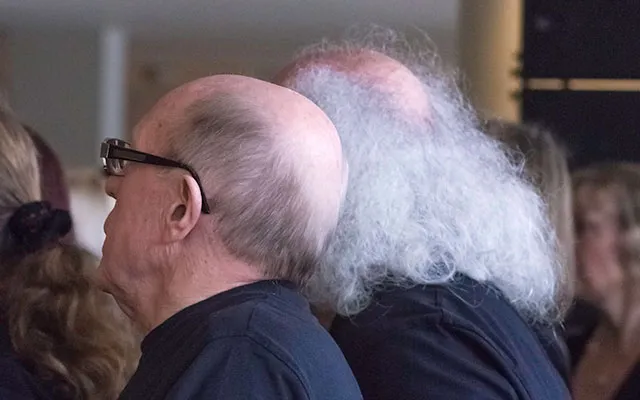The oldest black hole, which dates back to the beginning of the universe, has been found by scientists. The James Webb Space Telescope (JWST), the most potent space telescope ever constructed and Hubble’s replacement, allowed for the discovery. The University of Cambridge experts who oversaw the multinational research team published their findings in the journal Nature. A university press release states that the black hole is consuming its own galaxy and that it formed 400 million years after the big bang, or over 13 billion years ago.
The existence of a supermassive black hole, which has a mass a few million times that of the Sun, in the early universe is surprising, according to scientists.
So far, studies have shown that black holes, like the one found in our Milky Way galaxy, took billions of years to grow to their current size. But the size of this newly-discovered black hole suggests that they might form in other ways, said researchers.
“It’s very early in the universe to see a black hole this massive, so we’ve got to consider other ways they might form,” said Professor Roberto Maiolino said Maiolino, from Cambridge’s Cavendish Laboratory and Kavli Institute for Cosmology. “Very early galaxies were extremely gas-rich, so they would have been like a buffet for black holes,” the lead author of the study added.
According to standard models, supermassive black holes form from the remnants of dead stars, which collapse and may form a black hole about a hundred times the mass of the Sun.
But this black hole is from a time then the universe was not yet a billion years old, according to the light captured by JWST.
And according to the study, it is still young, consuming material from its host galaxy to support its expansion. Its young galaxy, GN-z11, is illuminated by the powerful black hole at its center. Although GN-z11 is roughly 100 times smaller than the Milky Way, its development is probably being hampered by the black hole.
A black hole that absorbs energy from planetary gas pushes the gas away with the force of an extremely fast wind. However, the process might halt star formation, gradually destroying the galaxy, but it will also destroy the black hole because it will cut off its supply of “food.”
Professor Maiolino and his team are hoping to use future observations from JWST to try to find smaller ‘seeds’ of black holes, which may help them understand the different ways that black holes might form: Whether they start out large or they grow fast.
Read More
SY0-701 Security+Exam: 2024 Impact on Prof. Growth & Success

















